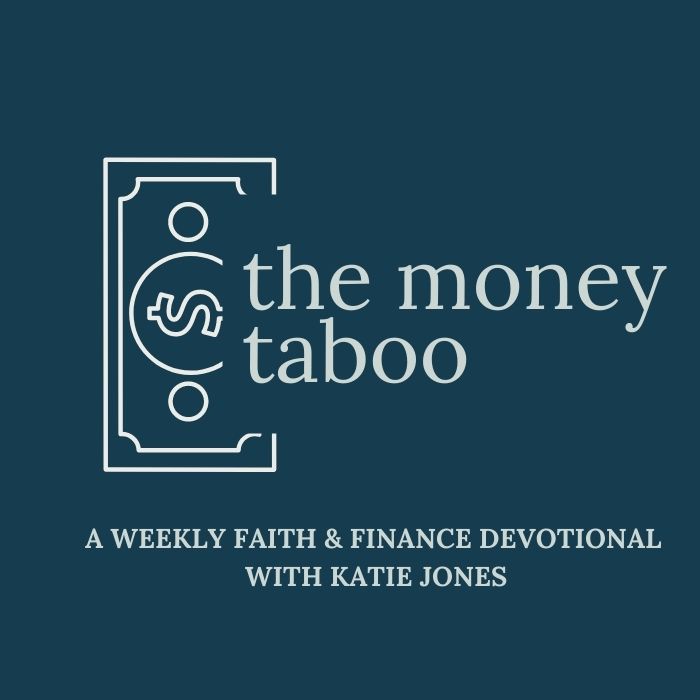Disclaimer: This article is meant for informational purposes only and should not be considered financial advice. Please speak with a licensed financial professional for investing advice.
What Are The Best Options For Investing Your Money And Also Helping A Good Cause
Let no one lie to you; choosing to invest your money is one of the best decisions you can make to create wealth. However, most first-time investors are caught up at a crossroads, not knowing which route to take. It’s pretty understandable, bearing in mind that the market is overflowing with a plethora of options.
As a faith-based investor, you want to earn money through investment options that align with your beliefs and values and for a good cause.
This discussion explores the best options for investing money and helping a good cause. Read on.

Investing Your Money In Securities Exchanges
More people are investing in stocks for long-term wealth building. A stock exchange is regulated and organized where traders buy and sell securities such as ETFs, REITs, and Stocks. It allows you to mobilize your funds and invest them for a profit.
There are many stock exchanges worldwide, and as an investor, you can access these markets through a brokerage firm. The New York Stock Exchange (NYSE), Nasdaq, and DOW Jones are some of the US’s largest and popular stock exchanges. Here, you can find securities of multinational companies such as Alphabet (Google parent company), META ( Formally Facebook), and Johnson & Johnson.
In building your wealth, you can diversify your portfolio to securities that adhere to your tenets of faith. For example, you can think about companies championing their business towards charity and supporting worthy causes. From a business standpoint, you’ll not only widen your portfolio but also have deeper connections to your investments.
Now that you better understand the stock exchange, here are some of the tradable securities in the stock exchange.
1. Stocks
Shares are securities that represent the right to ownership. When you buy stock in a corporation, you become a part owner of that firm. A company may expand due to favorable macro and micro economic factors such as low inflation, low interest rates, increased consumer purchasing power, and low business costs.
When this happens, the value of your shares will rise, resulting in capital gains. Furthermore, the corporation may pay dividends, which you’ll get from your shares.
Most often, there’s a misconception that big companies are driven by greed and only care about paying their executives huge bonuses and allowances. On the contrary, it turns out that some companies whose shares are listed on the stock exchange are corporate givers who donate part of their earnings to charity and good causes. Examples of these companies include:
- Exxon Mobil (XOM) – an oil and gas corporation that spreads its donations to the education sector and global initiatives to combat malaria.
- Goldman Sachs(GS) – one of the largest corporate givers in the US, with its donor grants totaling over $1 billion globally.
- Cisco Systems (CSCO) – a cloud and computing company that uses its funds to create community knowledge centers in poverty-stricken areas with poor internet accessibility.
2. Exchange Traded Funds (ETFs)
Besides shares, companies also list ETFs on securities exchanges. ETFs are pooled investment securities that track particular indexes such as the Dow Jones Industrial Average, S&P 500, Nasdaq Composite and FTSE 100 Index. Upon investing in ETFs, you get various assets that you can trade in a stock exchange while expanding your portfolio.
The advantage of ETFs is that they’re less volatile than stocks and are often low-cost investments. Like stocks, you can also receive dividends for the shares held in the funds.
A perfect example of a faith-based ETG is the FIS Biblically Responsible Risk Managed ETF (PRAY), which applies Christian values to stock selection. This ETF competes with the famous Global X S&P 500 Catholic Values Index ETF (CATH), whose top holdings include Apple, Amazon, Alphabet, Meta Platforms, and Microsoft. Others include Inspire Global Hope ETF (BLES) and Northern Lights Fund Trust IV- Inspire 100 ETF (BIBL).

3. Real Estate Investment Trusts (REITs)
REITs allow individuals to benefit by investing their money in real estate companies. Therefore, you can own a piece of real estate by purchasing stocks of publicly traded companies.
The advantage of investing in REITs is that they are more stable, unlike ordinary stocks affected by market crashes. Indeed, REITs were more resilient at the onset of the COVID-19 pandemic in 2020 and the net impact was relatively lower compared to the stock market.
When investing in REITs, you can consider religious-based real estate companies that impact the market and change lives. A perfect example is Callis Capital, a private equity real estate fund that focuses on offering capital to religious-based real estate operators while seeking favorable returns.
Another example is Launch Capital Partners (LCP), which promotes communities via property management as well as community partnerships. As an investor, you can earn money and, at the same time, create a social impact.
Related: 5 Bible Verses About Real Estate Investing
4. Mutual Funds
Mutual Funds are companies that pool money from different investors and stake the cash in short-term debt, stocks and bonds. When you buy these shares, you become a mutual fund investor.
Faith-based mutual funds are popular these days and are excellent choices if you’d like your investment portfolio to match your conservative values. For instance, The Timothy Plan is a Christian-based mutual fund that allows investors to stake with biblical principles. Also, GuideStone Funds is a Christian-based mutual fund that has been around for nearly 100 years.
Investing Your Money In High-Yield Savings Account
Besides staking your money at the stock exchange, you can also save and earn interest. High-yield savings accounts are designed to enable individuals to meet their financial needs. By pooling a part of your income, you can save more, earn returns and be a part of a cause you care about.
These savings accounts are mostly domiciled in banks, religious-based institutions, or standalone community credit unions. To join, you’ll need to meet certain requirements, such as filling up an online application and depositing a certain minimum amount.
Before you save your money with such an institution, ensure that it’s an FDIC complaint, a federal agency that ensures depositors’ funds are protected against loss.
Besides savings products, some of these saving institutions also offer low interest loans to members. More specifically, federal-based credit unions have competitive rates for members who borrow money online.
You can locate the nearest faith-based credit union in your state by visiting mycreditunion.gov and choosing one that matches your belief.
Conclusion
From the discussion, it’s evident that there are multiple ways to invest your money and help a good cause. When choosing the best investment vehicle, you need to consider the degree of risk to avoid losing your hard-earned money. Evaluate the market conditions, interest rate, inflation, and returns to make the right decision. Most importantly, aim for a balanced mix of portfolio to mitigate risks.

You May Also Like
4 Things You Must Do Before Investing
5 Real Estate Mistakes I made as a New Investor
Bible Verses About Financial Stewardship of Money
Should Christians Track Their Net Worth?



